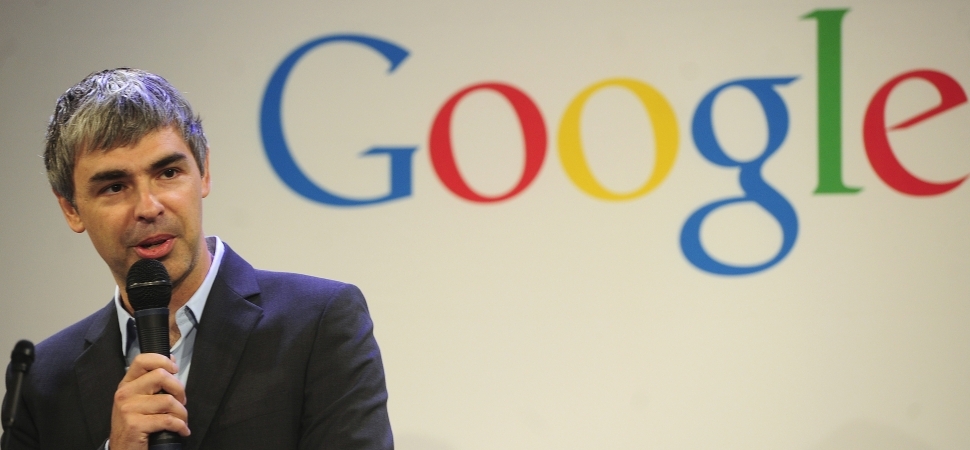5 Awesome Ways to Win or Lose the Most Valuable Relationships
Traditional networking leans too heavily on creating short-term contacts intended to meet your momentary needs and ambitions. Long-term success is not just about quick wins; it’s about going deep to find the people who matter most and to learn what’s happening out there in the market that is likely just out of your field of vision. Consider theses five ways to shift your thinking in favor of a bigger, longer-term Return on Relationships:
1. Don’t confuse transactions with relationships! says Tony Hsieh, the founder of Zappos and DowntownProject.com. What if you knew when you first met someone that they would be a long-term colleague and resource? Would it shift the way you approach that conversation? People can smell superficiality. “Go deep to find out why you’re better off working together,” Hsieh said.
2. Don’t ask for anything until you’ve added value, Al Gore mused as we stood in line on the way into a TED session. I asked him about how he felt about networking. He shook his head, then shrugged: “The only way to earn reciprocity from anyone else is for you to show generosity first.”
3. Don’t make this about you. “An appreciative listener is always stimulating,”Agatha Christie once famously quipped about how much people are moved by the rare person who can shut up long enough to hear and understand what others are saying. If you’ve ever wondered about how to interest people in talking with you, then embrace a critically important piece of advice: No matter how cliché this may seem, it’s absolutely true that the best way to be interesting is to be interested. Abraham Maslow’s historic “Hierarchy of Needs” research ranked “being understood” as one of humanity’s most desperately treasured desires.
4. Don’t go after the biggest network. Strive for quality in your network, not quantity. Networking can be overwhelming and often pointless if you simply try to amass a large number of people. Instead, select fewer, deeper, more interesting folks. Invest in your Most Valuable People, or MVPs, as they’re called in Admired: 21 Ways to Double Your Value. In a national survey of Gallup’s Most Admired People and Fortune’s Most Admired Companies, it was clear that most people “don’t know what is valued by the few people who are the most important to their success.” It’s a simple matter of reciprocity to know what others value before expecting them to value you!
Make a list of the people who are essential to your future and find out what they love. Are you spending the time necessary to understand what they value? Could you be devoting more attention to this relationship? Is there someone new you would like to add, but haven’t put time into that connection yet? When you focus on being more valuable to your network of MVPs, the natural result is more value flows back to you.
5. Don’t just go along for the ride with any network. Yahoo! founder Jerry Yang suggests that you find out what your MVPs care about and help take a leadership role in the community organizations that are most important to them. For example, most nonprofit groups are “hungry for help,” he said. “No one will ever turn down your offer for genuine support for a worthy cause.” You’re always welcome as a volunteer to manage or do work for free. If you commit to a sincere effort, you will be invited to lead something valuable to them, or to join the board for an event or for the group — and in so doing you will have the opportunity to deepen or expand your visibility and community.
Let’s hope you’re next!



